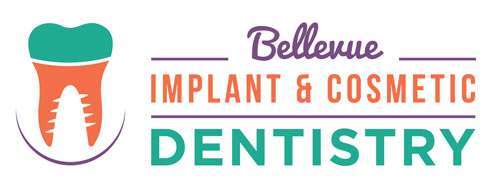A person's teeth are essential for functionality, appearance, and overall health. When natural teeth deteriorate beyond a certain point, partial dentures may be an option for helping to restore the ability to chew properly, speak clearly, and smile wider. While many dentists are able to provide partials, it is important to ask the right questions to understand what to expect during and after the procedure.
Questions to ask a dentist about partials
Before a patient decides to get partial dentures, it is important to ask plenty of questions and be satisfied with the answers. When talking to a dentist, you should consider several things during a consultation.
1. Who makes a good candidate for receiving partials?
Someone who is a good candidate for partials has more than a couple of missing teeth, some healthy teeth, and sufficient gum tissue. The number of lost teeth, how many healthy teeth the patient has, and several other factors, such as overall health, will help the dentist determine whether someone is a good candidate for the procedure. If a provider automatically says a person is a good candidate without first examining his or her mouth and health, it is a red flag to get a second opinion.
2. What is the dental procedure like?
First, the dentist ensures the patient's surrounding natural teeth are healthy. If they are not, the patient will need treatment for cavities, signs of disease, or periodontal disease. When anchor teeth are in a satisfactory state of health, impressions are taken and sent to a lab where the partials are made. This allows for a custom-fit denture. Sometimes, a trial set is made first to ensure they fit properly before making the final ones. When the patient tries on the dentures, the dentist can take note of any rough spots or other issues that may need to be adjusted.
3. What should someone expect after receiving partials?
After the procedure, the dentist will provide a list of aftercare instructions for eating and talking. During the first 24 hours, the patient may feel full, create more saliva, or develop sore spots. Getting used to the dentures can take a few days to a few weeks. However, if chafing areas or ulcers do appear, returning to the dentist for an adjustment is important.
Eating with dentures is a bit more complicated to do than with natural teeth. Biting with the front of the teeth becomes an art and often leads to dislodged dentures at first. There is also less room to chew, so it is important to remember to take smaller bites.
Conclusion
Partial dentures are an excellent tool for people who wish to replace their lost teeth and regain the full functionality of their mouth. If you are missing more than a few teeth, partials may be the right choice for you. Talk to your dentist to learn more about your options.
Request an appointment here: https://www.implantdentalbellevue.com or call Bellevue Implant & Cosmetic Dentistry at (425) 249-9186 for an appointment in our Bellevue office.
Check out what others are saying about our dental services on Yelp: Partial Dentures in Bellevue, WA.
Related Posts
Partial Denture Options for Replacing Missing Teeth
Partial dentures are one of the most cost-friendly and effective options for replacing missing teeth. They can either be removable or fixed dentures. This is a guide on what partial dentures …
When Denture Repair Is Recommended
Wear and tear make denture repair inevitable in the long run. This is why a general dentistry practice that deals with dentures should have in-house facilities for minor and moderate repairs. …
4 Things To Know Before Getting Dentures
Removable artificial teeth are called dentures. They replace permanent teeth lost or extracted due to damage or extensive decay. False teeth are a traditional dental restoration method that has been around …
What Are Partial Dentures?
Partial dentures are a popular replacement option for missing teeth. You could potentially benefit from them if you have lost some of your permanent teeth, but there are still some healthy …

